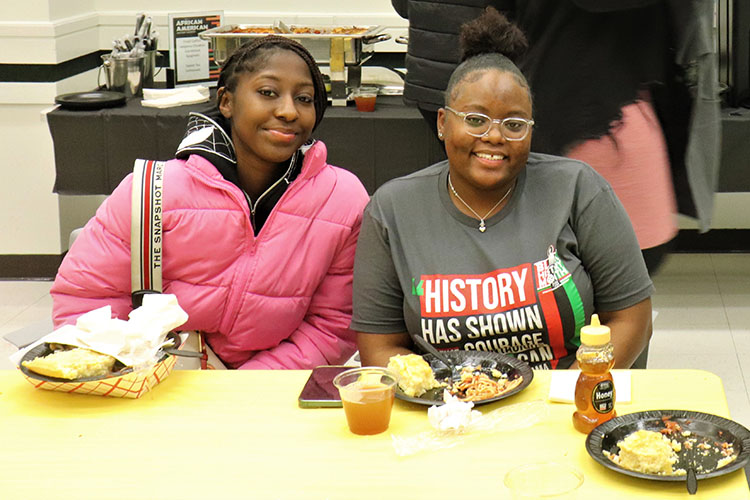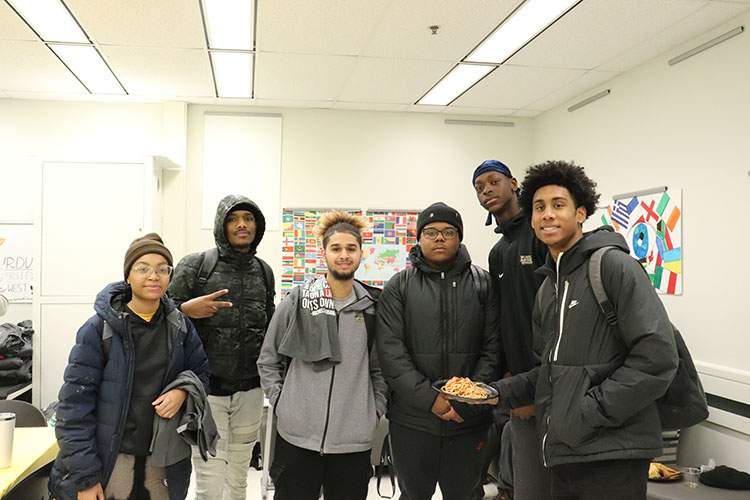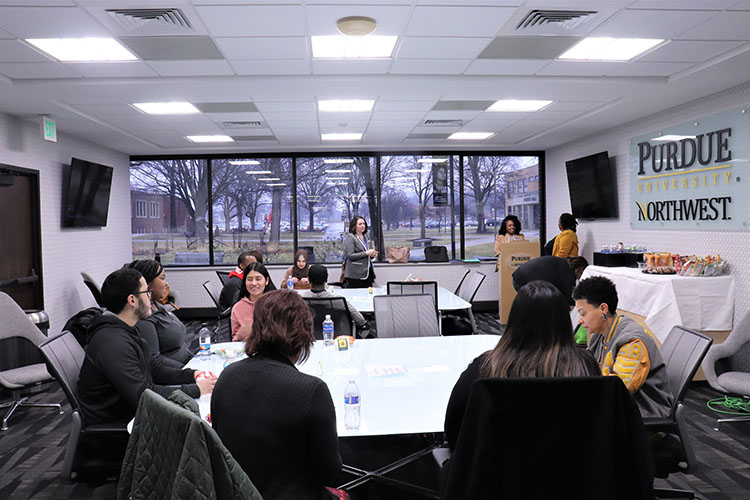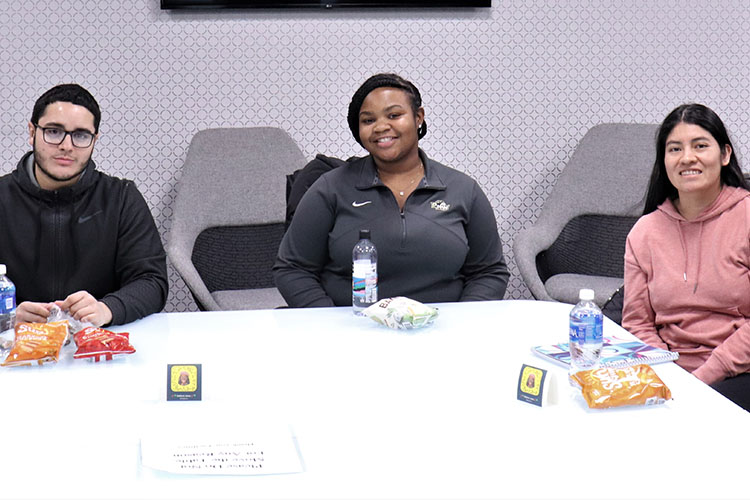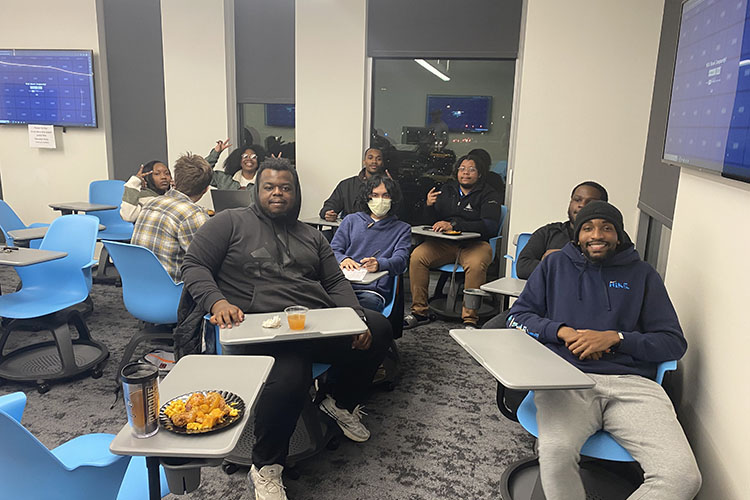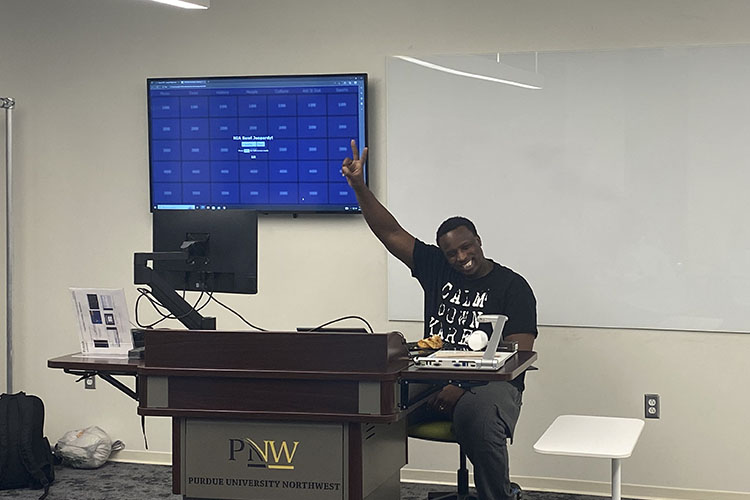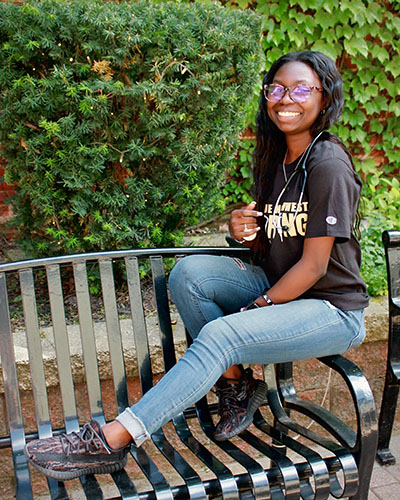Black History Month
Celebrate Black History Month with PNW! Together, let’s honor the profound impact of Black history, achievements and culture.
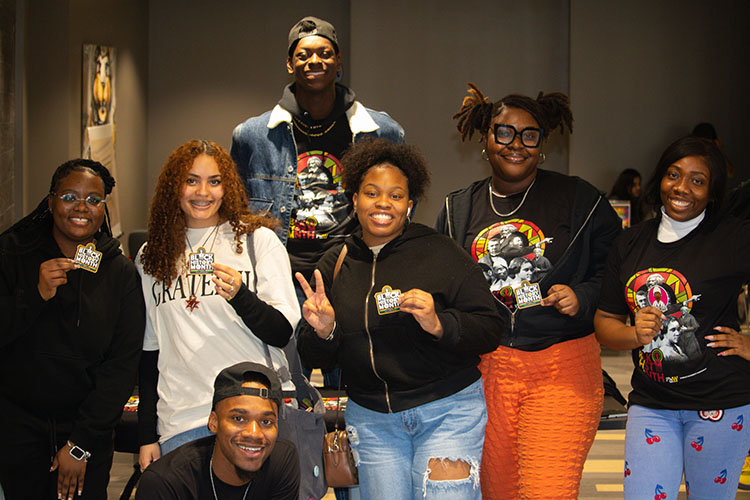
Past Black History Month Highlights
To request a disability-related accommodation, please contact the Office for Civil Rights at civilrights@pnw.edu or (219) 989-2163 five days prior to the event.
In accordance with Purdue policies, all persons have equal access to Purdue University’s educational programs, services and activities, without regard to race, religion, color, sex, age, national origin or ancestry, genetic information, marital status, parental status, sexual orientation, gender identity and expression, disability or status as a veteran. See Purdue’s Nondiscrimination Policy Statement. If you have any questions or concerns regarding these policies, please contact the Office for Civil Rights at civilrights@pnw.edu or (219) 989-2337.
About Black History Month
Black History Month, also known as African American History Month, honors the achievements, rich culture and history of African Americans and recognizes the important contributions and of Black individuals in society.
The current month-long observance began in 1926 as a week-long event sponsored by the Association for the Study of African American Life and History (ASALH). During the 1960s, the week-long observance grew into a month-long celebration on many college campuses. Since 1976, the month of February has been officially designated as Black History Month.
Black History Month Online Resources
The Story Behind Black History Month (NPR)
“Crash Course in Black American History”
The Youtube series by journalist Clint Smith, author of “How the Word Is Passed: A Reckoning With the History of Slavery Across America.”
Roundtable Perspective Episode 419: Understanding Art Therapy
Leah R. Gipson, LCPC, ATR-BC, Assistant Professor of Art Therapy and Counseling at the School of the Art Institute of Chicago joins host Thomas J. Roach, Ph.D., to discuss the practice of using art as a means of therapy and how art therapy can be used as a way to advocate for social justice and can empower a multitude of people. Leah Gipson is currently working with art therapy to help many young black women find their voices.
Roundtable Perspective Episode 428: Black Horror Noire
From Oct 8, 2021: Robin R. Means Coleman, Ph.D., Professor of Communication at Northwestern University joins host Thomas J. Roach, Ph.D., to discuss the black horror renaissance in film and the untold history of Black Americans through their connection to the horror film genre and how that has changed over time.
